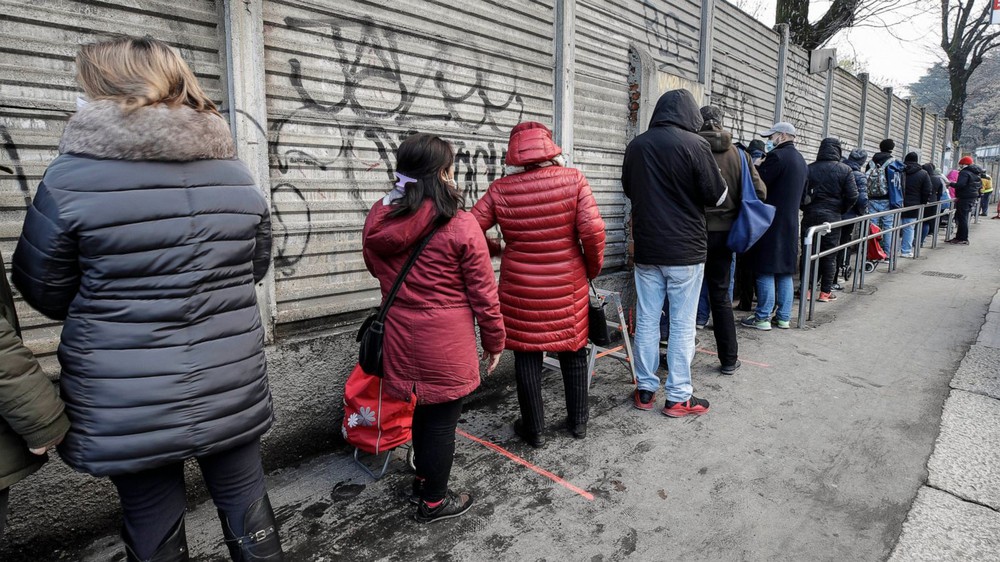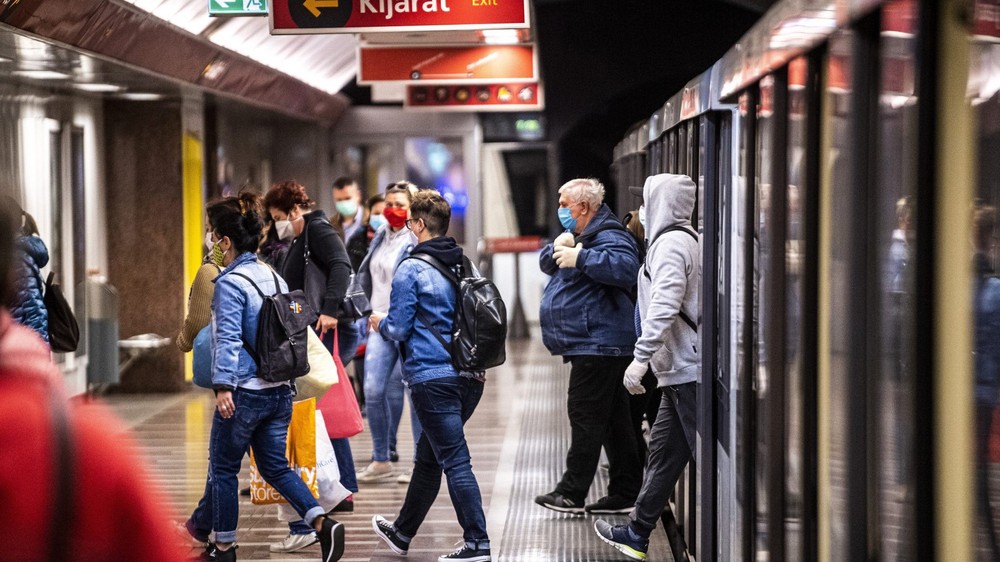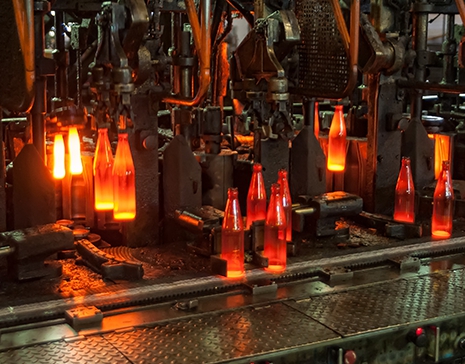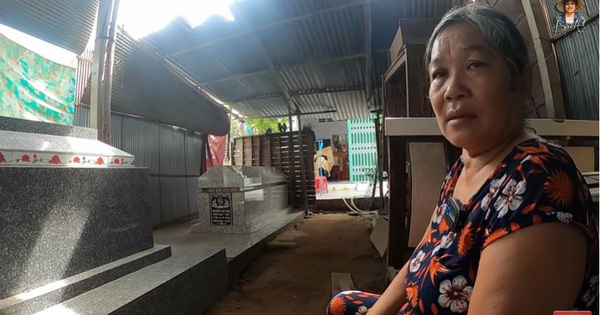Europe is not ready
According to the head of the Austrian OMV group, the fuel ban of Russia will lead to a crisis in European industry and the country’s economy.
“I don’t think we’re ready for an embargo. Unless we’re ready to accept the consequences. Because one thing should be clear: gas supplies are not self-produced by us. in Europe, but due to supply from Russia. We have formed a dedicated gas force to see how we can contribute to energy transport.” OMV CEO Alfred Stern told Kurier newspaper.
This news comes a day after European Commission President Ursula von der Leyen announced that the bloc planned to impose a new round of sanctions on Moscow on May 4, including an import embargo. Russian oil in Europe. However, the European representatives failed to reach agreement on the restrictions that could be used.
Earlier, French President Emmanuel Macron also mentioned possible sanctions against Russia’s oil and gas supplies to Europe.
On April 27, Russia’s energy giant Gazprom suspended gas supplies under contracts with Bulgaria’s Bulgargaz and Poland’s PGNiG because these countries refused a new payment procedure.
Across Europe, rising energy prices are challenging the resolve of mainstream consumers and business owners.
Governments are trying to replace energy supplies from Russia, arguing that their regular payments are becoming a source of money for the conflict launched by Russia. Countries also face a tense confrontation with Moscow over demands for payments in rubles, and the possibility that Russia will block supplies as it did with Bulgaria and Poland last week.
The European Union countries import 40% of their gas and 25% of their oil from Russia, and under the current EU plan, the bloc is unlikely to be energy independent from Moscow within the next five years.
Poor people in Milan
Desperate residents in one of Italy’s lowest-income neighborhoods on the outskirts of Milan have to line up twice a week to ask for help with their day-to-day living expenses. Electricity and water bills are increasing day by day.
Since energy prices began to skyrocket, energy company A2A has offered a support package, offering up to 300 euros a year to families who cannot pay their increasingly high utility bills. .
Alessandra Travaglini, 54, used to her fullest potential even before the conflict. Her utility bill doubled to more than 120 euros. Currently, she is unemployed and hopes to receive more support.

“I don’t cook much. I only run the washing machine in the evenings or on weekends. I take a quick shower, use the oven once a month. I also only iron once or twice a week. I feel very scared. “.
She worries that if Italy cuts off the energy it buys from Russia or if Moscow stops supplying it, her life will become even more difficult.
“I think they have to buy energy from Russia. But for me, Italy has adopted the wrong strategy.”
Austerity in Budapest
Kritztian Kobla-Piko, a gas pipeline and repair specialist in the Hungarian capital Budapest, finds his profession closely linked to the Russian energy problem.
The 41-year-old contractor installs gas boilers and is forced to use exponentially more expensive materials. He said he sympathizes with victims of conflict and is willing to sacrifice personal interests.
“At the very least, I’ll have to tighten my belt a little,” Kobela-Piko said. “But these sacrifices are nothing compared to the plight of people living in conflict zones.”
Since the conflict began, many customers have converted their home heating systems to electric, expressing uncertainty about the future of natural gas.

While Koela-Piko believes harsher sanctions against Moscow is the right strategy, he said Hungary’s geopolitical situation makes it nearly impossible to break Russia’s energy dependence. . Hungary, a former member of the Soviet bloc, receives 85% of its gas and more than 60% of its oil from Russia.
He said that putting pressure on supplies from Russia “is a very uncomfortable situation”.
Russian gas and German glass
Carletta Heinz is calculating the impact of the gas cut on the 400-year-old glass company she took over from her father in the 13th generation – and on the communities at the heart of a hydroelectricity complex. in eastern Germany.
Heinz-Glas Group, which makes bottles for international cosmetic and perfume brands, will have to close a gas-fired facility in the town of Piesau. This will damage tanks that need to be kept above 900 degrees Celsius to keep the molten glass from solidifying. If Piesau had to be shut down, it wouldn’t be able to restart and production would move elsewhere.
The company has switched to electricity at its headquarters in nearby Kleintettau to reduce its carbon footprint, but the company still needs gas for some of the processes there.

If a gas boycott results in a government tightening of energy use, says Heinz, the German government must ensure that glass manufacturers receive at least 70% of their current energy to keep for hot storage tanks and avoid large loss of equipment. In the event of a severe shortage, EU law requires governments to stop supplying gas to businesses to supply homes and hospitals.
In addition to her own company, she worries about the impact on glass manufacturing companies near the border between Thuringia and Bavaria, which employ 5,000 people directly and another 8,000 indirectly.
Ms. Heinz, 38, said: ‘Losing jobs could mean higher carbon emissions if manufacturing moves to countries with fewer environmental protections.
“In Germany, there are more developed measures in terms of environmental protection. Glass is still needed and will be produced in other countries, but this will certainly be worse for our planet. I”, she said.
“I care about people caught in conflict. But we have to take care of industry and secure our future. Because if German industry collapses we can’t help anyone.”
Embargo backfired in Bulgaria
The income of construction worker Nikolay Belev in the capital Sofia (Bulgaria) has not kept pace with gas and oil prices. And he is not ready to suffer further losses because of Russia’s sanctions, which he considers inappropriate and will only bring more inequality in the poorest member of the EU.
Mr. Belev said: “These sanctions are meant to weaken the Russian economy, but in the end they hit my country and especially the lower income people who are really the victims of the sanctions. this penalty”.
He also complains that higher energy prices have increased his raw material costs – up 30% in the past two months.
Bulgaria, a country of 6.5 million people, was once one of Moscow’s closest allies during the Soviet era. Now a member of NATO and the EU, the country is still heavily dependent on Russian energy. Its sole refinery is owned by Russia’s Lukoil, which provides nearly two-thirds of the country’s energy needs.
The only nuclear power plant, which generates more than a third of Bulgaria’s electricity, runs on uranium from Russia.
The government is looking for energy elsewhere, including gas from Azerbaijan or liquefied natural gas via pipeline with Greece. However, using liquefied petroleum gas (LNG) means higher prices.
For Veselina Marinova, an editor who lives with her husband and 83-year-old mother, paying more for energy is a small sacrifice compared to the loss of those caught in conflict.
at Blogtuan.info – Source: Soha.vn – Read the original article here



